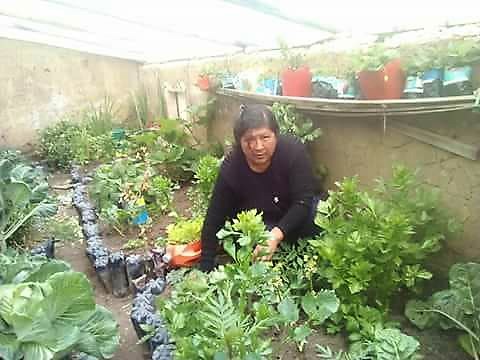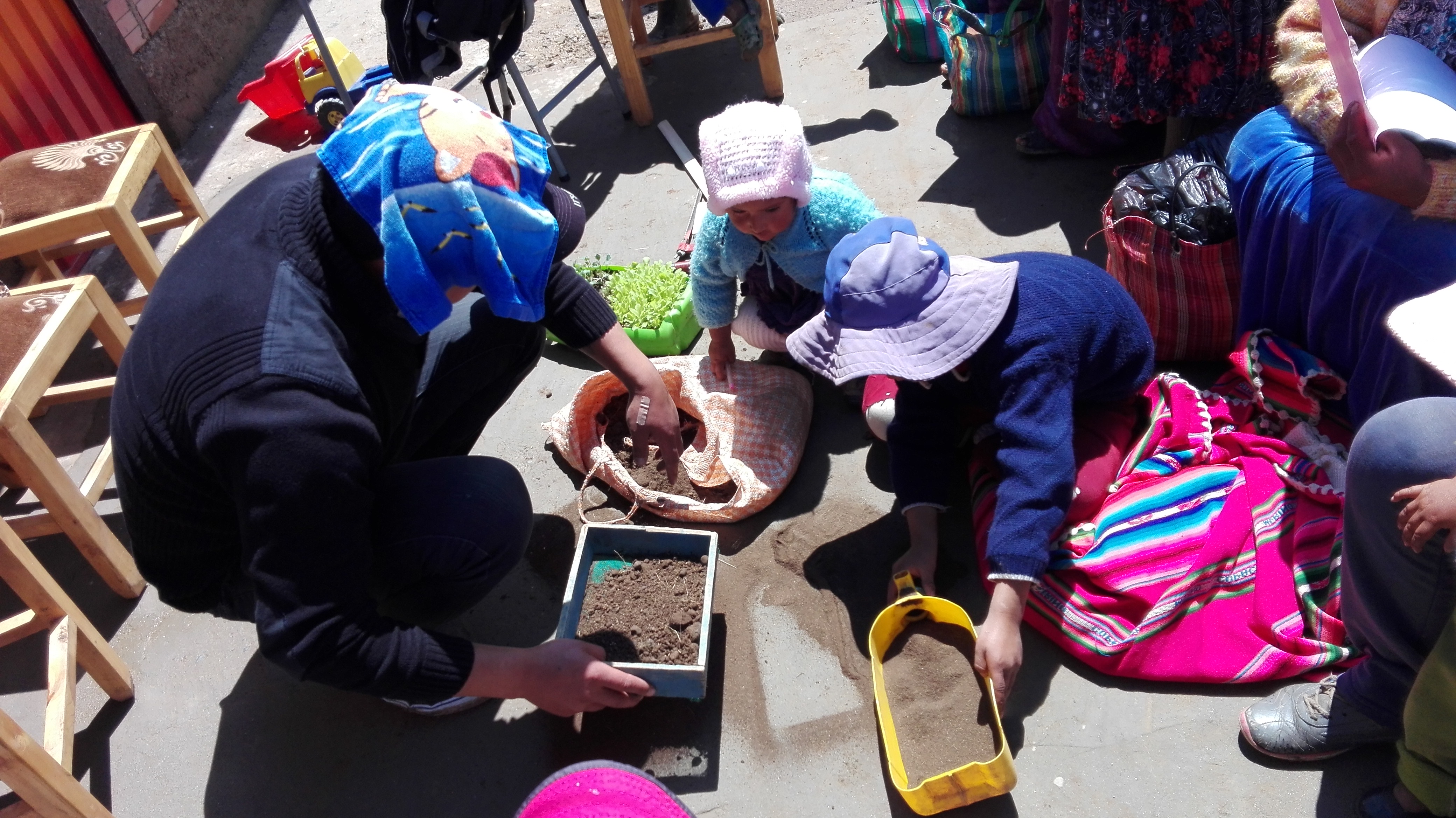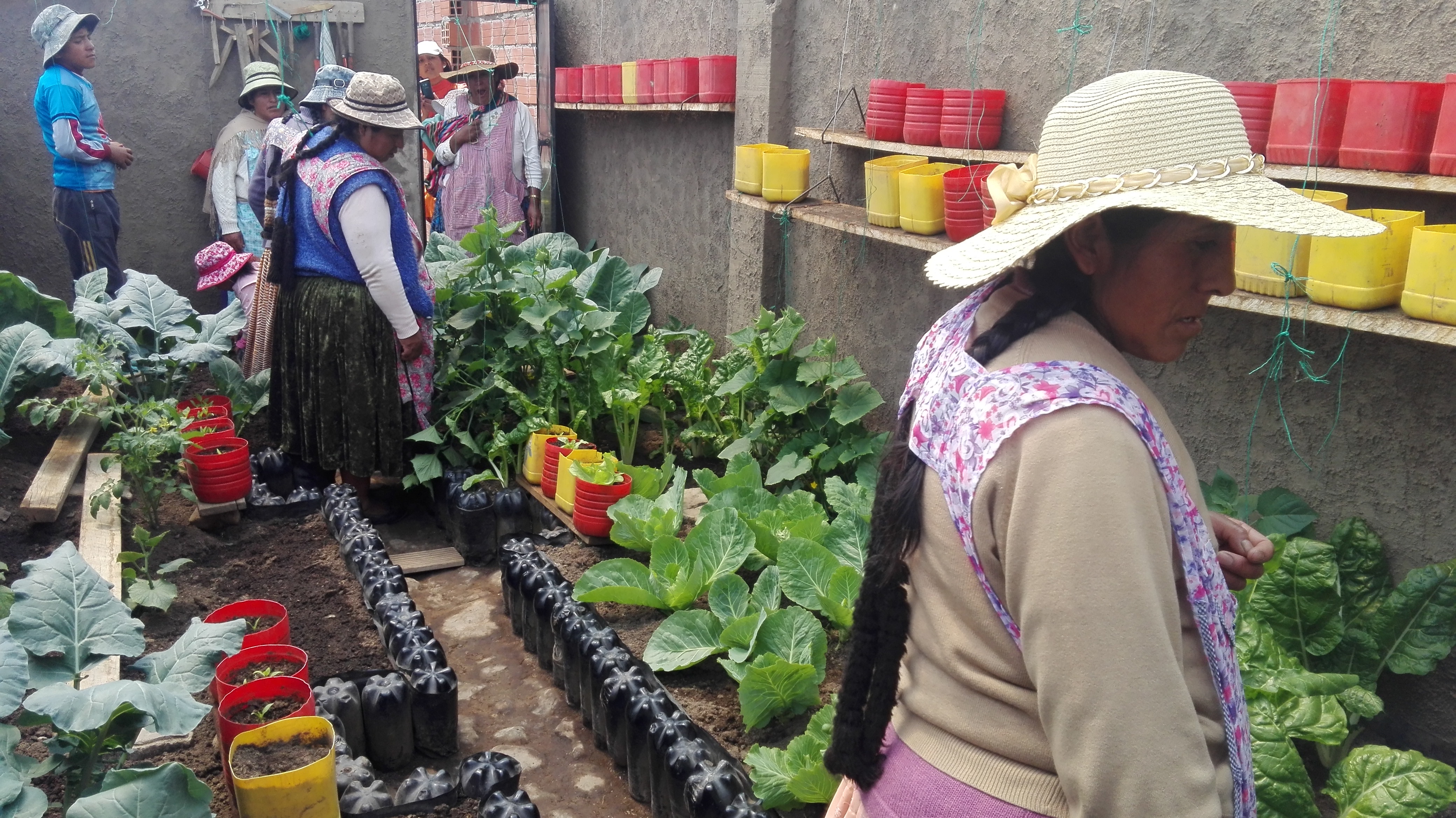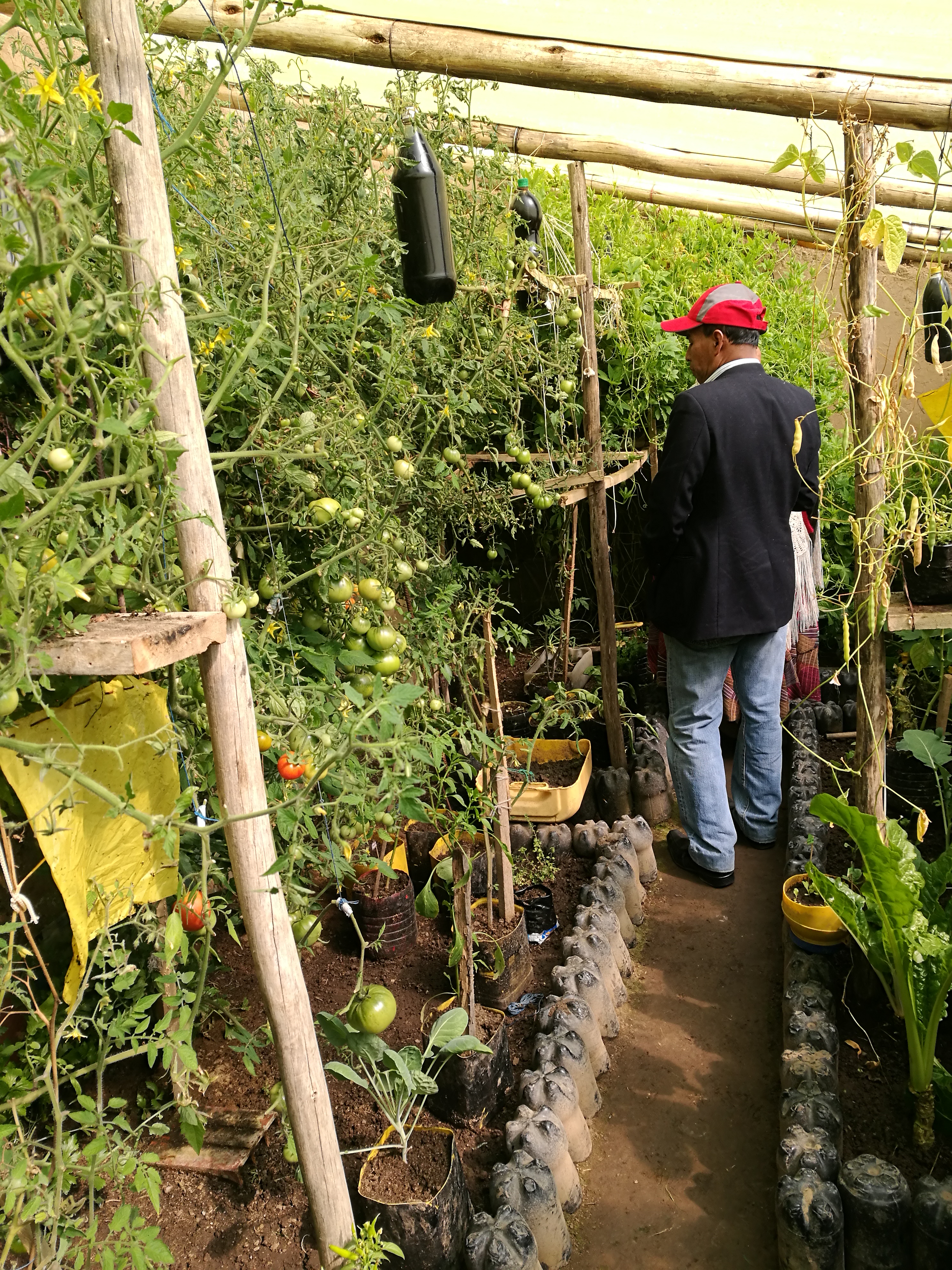A Letter from Chenoa Stock, serving in Bolivia
August 2018
Write to Chenoa Stock
Individuals: Give online to E200335 for Chenoa Stock’s sending and support
Congregations: Give to D507547 for Chenoa Stock’s sending and support
Churches are asked to send donations through your congregation’s normal receiving site (this is usually your presbytery)
In my various experiences with the Joining Hands mission — participating in a short-term, youth mission trip to Peru in 2004, traveling during my Young Adult Volunteer year in India in 2005, serving as Companionship Facilitator with the Sri Lankan Joining Hands Network in 2006, and currently serving with the Bolivian Joining Hands Network since 2011 — what intrigued and called me to this unique, long-term mission was the diversity of the organizations of which each country network is composed. Whether an individual organization’s work is to empower women, educate child miners, improve farmers’ working conditions or change public policies, the Joining Hands mission joins these diverse entities, both secular and religious, to form country networks. These networks call individual organizations to think beyond their institutional goals in order to work together to address greater, systemic issues at the national and international levels, focusing on joint campaigns for sustainable change through advocacy.
Throughout my time serving with the Bolivian Joining Hands Network, UMAVIDA (Spanish acronym for Joining Hands for Life), our diverse network has worked together on an environmental justice campaign. From its founding in 2001, the UMAVIDA campaign has evolved and will continue to do so as the government and international situation changes, forcing us to constantly reassess where we need to be in our call to care for God’s Creation and the Pachamama (indigenous term for Mother Earth). Our campaign has focused on this care and its connection to spirituality and climate change, hoping to make a long-term sustainable change for the country and its people.
As UMAVIDA continues on in that mission for change, it is also important to recognize that it could not make a difference without those diverse groups that are part of it. One of those organizations that has played a significant role in UMAVIDA’s work of educating families on issues of the environment and spirituality is the Foundation for Community Action (FCA). FCA is based in El Alto, the sister city of the capital (with an elevation of 13,450 ft), and works with families, principally women and children. In 2007, FCA began its work with a small group of women in a process to “learn to think, feel and love so that all can vivir bien (live well),” a fundamental concept in Bolivian culture. Through this process, the participating women made a commitment to work on what they deemed a vital dimension of life — the production of food not only for commercialization, but for personal consumption and coexistence so that all can vivir bien.
These two values are the pillars of FCA’s work and mission. Personal consumption refers to producing, preparing and understanding the properties of food and the benefits to one’s health. Coexistence is developing within oneself the feeling of solidarity, justice, and ethical values in order to develop reason in one’s thinking and take the “Other” into account in one’s actions.
One woman benefiting from the intentional work of FCA is Vicky, a married mother of three children who lives in El Alto. In 2008, when she heard about FCA’s work, their mission had evolved to focus on urban agriculture in communities, carrying this out through the construction of urban family greenhouses. Before 2008, Vicky had tried to plant two varieties of vegetables in her yard, but due to El Alto’s dry air and ground, she was not successful.
As Vicky wished for fertile land to grow her own vegetables, she decided to attend a workshop FCA hosted with the UN’s Food and Agriculture Organization (FAO). FAO provided the technical experience, as this was new territory for FCA. In this workshop, Vicky and 35 other women learned about the importance of producing their own food, and how to do it in a self-sustaining way on their property through greenhouses. Vicky talked to FCA after the workshop, expressing her interest in becoming more involved. Soon after, she became a beneficiary of a family greenhouse. As part of the commitment, she and her family took part in its construction and subsequent preparation and sowing.
A decade later, Vicky and her family continue to produce a variety of vegetables and tubers for their personal consumption. But the benefits of their family greenhouse go beyond their nuclear family, as they share their crops with her brothers and sisters, and with the surrounding neighborhood. In a traditional trading process in Bolivia, called trueque, Vicky exchanges her potatoes for bread or her carrots for soap with her neighbors and local stores. Once, her child even exchanged broccoli for ice cream! If growing personally produced, organic food to maintain her family’s health weren’t benefit enough, through the trueque her children have learned the importance of not only caring for the plants (in hopes of more ice cream trades!), but also learning each plant’s growth process from start to finish and what is required at each step.
Though there are challenges in maintaining a greenhouse, especially in the winter season when the temperatures drop quite substantially and some crops suffer, especially in El Alto, Vicky and her family reap benefits by reducing their expenses through producing and eating their own food, and they are even able to save a bit too. Through this organic food, she has learned that producing elements for personal consumption and not for sale has been of great value for herself and her family. This process has helped her to eat better and keep her family healthier. The family greenhouse has not only brought physical health, but also social and emotional health. Working together in the greenhouse producing food for a common good has brought less stress and healthier relationships within her family and neighborhood.
But the benefits go even further. Vicky has learned that by growing organically, she is protecting and supporting Pachamama. In this process, she has experienced the importance of recycling and of creating the least amount of contamination possible for her environment. Her family greenhouse has shown her how to vivir bien. It is not just about her and her family living well, but it is about living in harmony with all living beings, something she does every day in her greenhouse.
As she talks with other beneficiaries — there are now 300 in total — and sees the positive change that the greenhouses have brought, she can only be grateful. The tiny seed that was planted, both literally and metaphorically, by FCA 10 years ago has brought new life to her family and neighborhood. It is no surprise that her favorite part of the family greenhouse is to watch something be born and grow, knowing it will continue to give life, even amidst the harsh, dry conditions of El Alto.
FCA, along with these communities, walks with UMAVIDA in its mission to care for Pachamama, for God’s Creation and all that is in it, amidst its harsh conditions. Each day, we are called to face those unfavorable conditions and work to live in harmony, to coexist, to vivir bien, and to search for God’s life-giving justice and love for our brothers and sisters in Bolivia and around the world.
I give thanks for each one of you and your accompaniment of this call through your prayers and financial gifts. Vicky and all of us of UMAVIDA know that new and abundant life can be born, even with just a tiny seed of faith and support.
Peace,
Chenoa
![]() You may freely reuse and distribute this article in its entirety for non-commercial purposes in any medium. Please include author attribution, photography credits, and a link to the original article. This work is licensed under a Creative Commons Attribution-NonCommercial-NoDeratives 4.0 International License.
You may freely reuse and distribute this article in its entirety for non-commercial purposes in any medium. Please include author attribution, photography credits, and a link to the original article. This work is licensed under a Creative Commons Attribution-NonCommercial-NoDeratives 4.0 International License.



